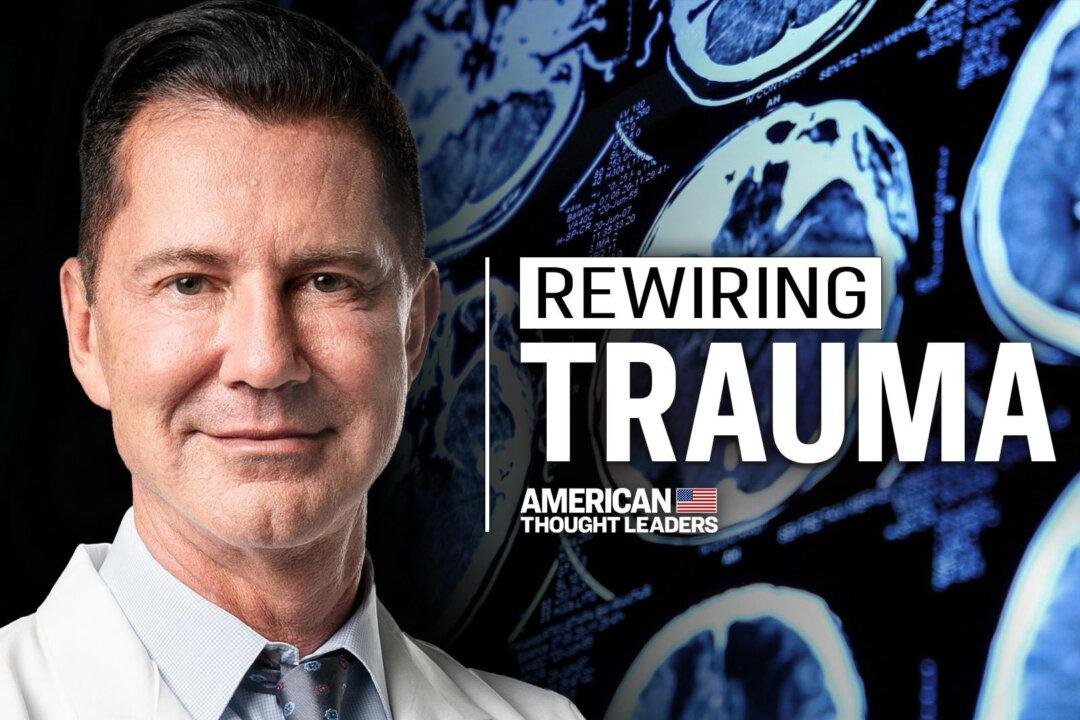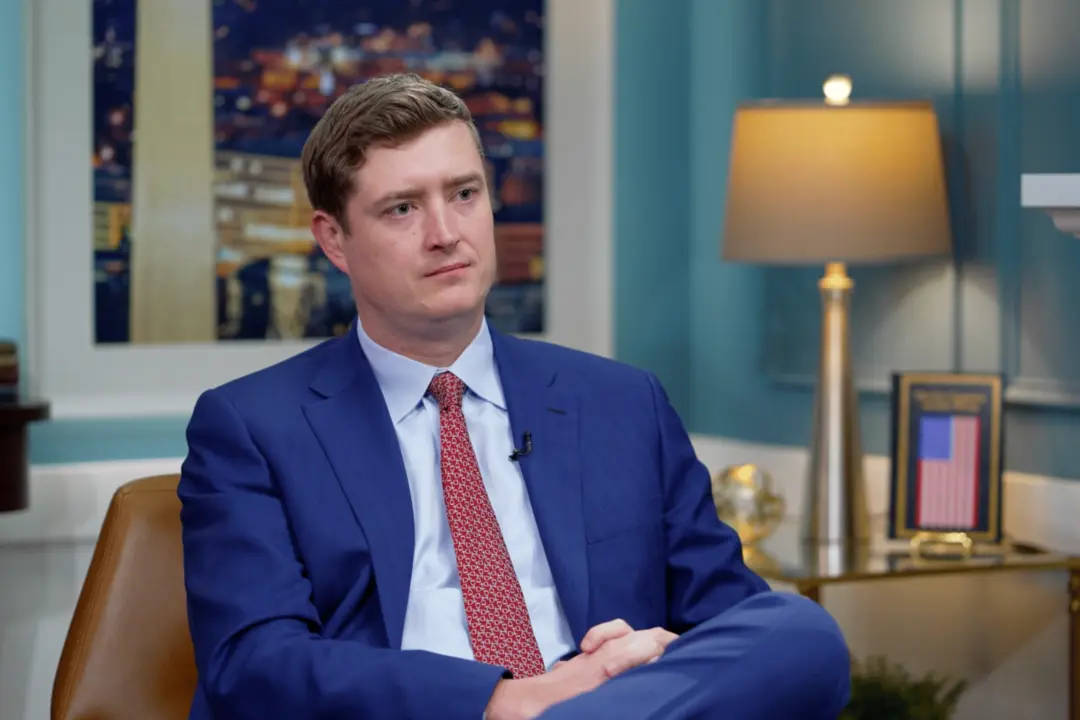“Today’s transhumanist project of trying to meld the human and the technological, making people bigger, stronger, and smarter through gene editing, cybernetics, and nanotechnology, is just a microwaved version of a very old ideology,” says Dr. Aaron Kheriaty. “It’s a new form of the ancient Gnostic attitude toward the human being.”
In a recent episode of “American Thought Leaders,” host Jan Jekielek sat down with Kheriaty, psychiatrist, medical ethicist, and author of “The New Abnormal: The Rise of the Biomedical Security State.” He has filed several lawsuits against U.S. institutions and the government challenging vaccine mandates and COVID-19 pandemic policy. Here, he also addresses the frightening transition from core ethical principles of medicine to a transhumanist, neo-Gnostic, technocratic medical paradigm, in which informed consent is inevitably replaced with an ideology of scientism.






